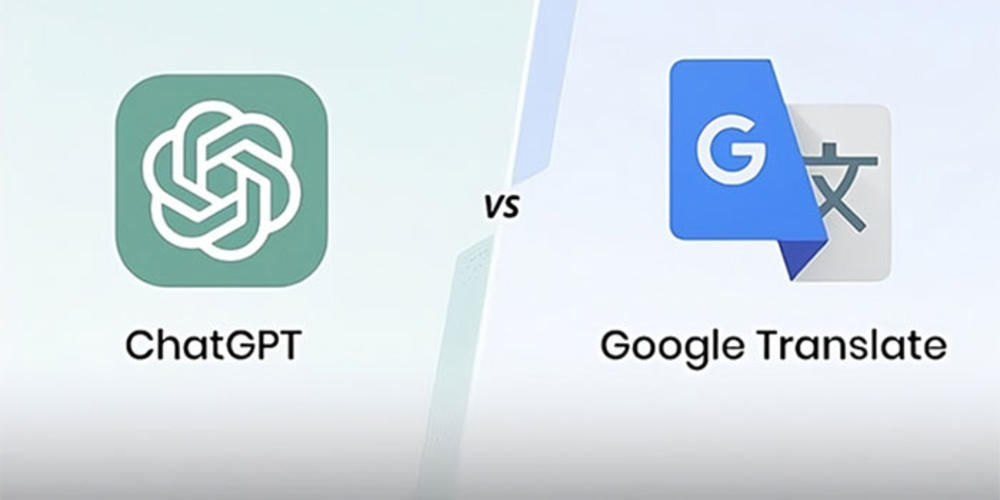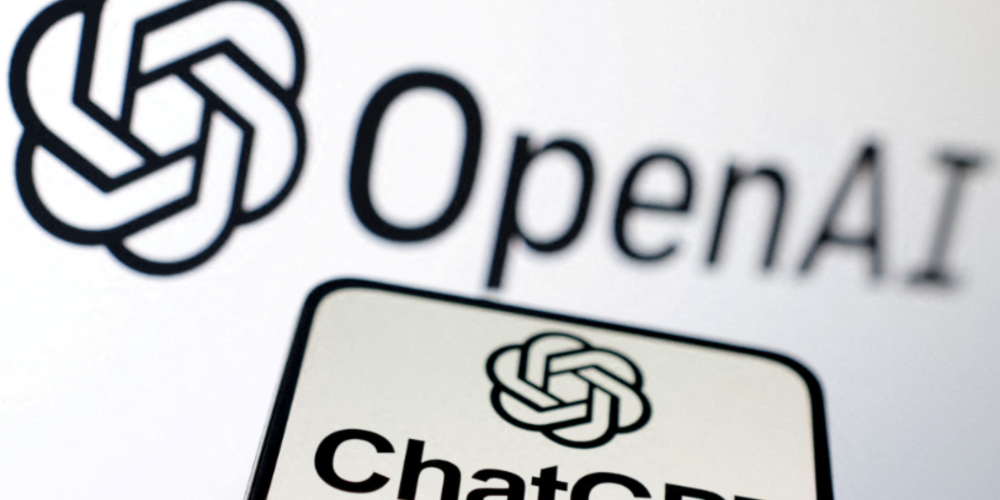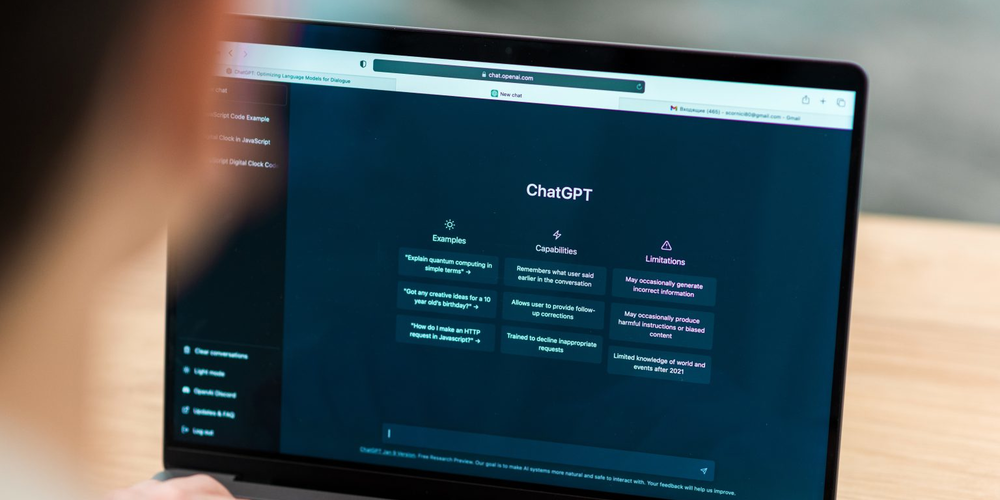I Ditched Google Translate for ChatGPT During My Travels, Here's Why
- May 26, 2024
- 1481

If you’re a frequent traveler, Google Translate likely takes the top spot as the single most useful app on your smartphone. Communicating abroad can be difficult, after all, especially if it’s in an alphabet you’re not familiar with. But even though Google Translate has served me well for many years, it tends to fail at the most inopportune times. The solution? Using ChatGPT instead. It may sound clunky or unnecessary, but I assure you that the difference in translation quality is worth the jump from Google Translate to an AI chatbot like ChatGPT.
ChatGPT vs Google Translate: Why I’m Switching for Good
I could bore you with an academic test comparing Google Translate and ChatGPT in two or more languages I’m familiar with. But instead, I’ll show you a couple of the many real-world instances during my travels where ChatGPT has significantly surpassed Google Translate.
First, some background. Google Translate has been around for longer than modern large language models. It relies on a system of vocabulary matching and statistical models. While it has picked up some machine learning tricks in recent years, ChatGPT and Google’s own Gemini model have far more language training under their belt. Not to mention, the latter have been specifically fine-tuned for conversation and are capable of understanding cultural nuances. All of these differences add up to a much superior experience.
Google Translate Doesn't Work as Reliably Across All Languages

The difference between Google Translate and ChatGPT became painfully obvious on my last trip to Vietnam. Vietnamese, unlike many of the world’s most spoken languages, is a tonal language with a complex system of diacritics. Miss one diacritic and the meaning of the word can change drastically. For example, “cơm cháy” translates to “burnt rice” whereas “cơm chay” is “vegetarian rice”. That’s just one missing diacritic, and it happens often when you’re trying to use an average smartphone camera to translate the world around you.
The result was that Google Translate would constantly mistranslate restaurant menus to the point of frustration. I eventually decided to switch to ChatGPT instead and was floored by the results.
Sure, Google Translate gets many menu entries right but it doesn’t understand nuance or context, so it has no idea whether it’s translating a novel or restaurant menu. This means it has trouble with several items and we end up with poor translations like “chemicals beans”. On the other hand, ChatGPT can identify a restaurant setting from the image or I can specify it in a follow-up message. This is invaluable as it can prevent obvious mistranslations like “dandruff” from showing up (yes, I’ve had that happen too). And as you can see in the screenshot above, ChatGPT had no problem working out the menu perfectly.
Success in Other Languages: Japan as a Case Study
I’m not basing my preference for either tool on Vietnamese alone. I’ve had great success using ChatGPT in Japan too. Google Translate admittedly does a much better job with Japanese in general, but it would still stumble with packaged items and other labels. ChatGPT goes one step beyond serving as a simple translation tool in these cases.
Do I Need to Pay for ChatGPT’s Superior Translation?

It’s worth noting that you don’t need the paid version of ChatGPT to use its translation capabilities. The new GPT-4o model is now available to everyone, even if you don’t opt to pay for a monthly ChatGPT Plus subscription. Beyond the ability to upload images, the new model also offers higher-quality responses which naturally extends to translating foreign languages.
I’ve also had luck with ChatGPT’s voice conversation mode, which is also available for free in its basic form. However, GPT-4o’s faster and more emotive voice chat mode is locked behind the ChatGPT Plus subscription.
I’ve used the voice mode to translate foreign words vocally or ask for pronunciation advice. It’s an invaluable tool for language learning since ChatGPT can speak dozens of languages. To use it, simply download the ChatGPT app on Android or iOS and tap the headphones icon after logging in.
When to Use Google Translate: Simple Translations and Offline Needs
Of course, it doesn’t matter whether you use Google Translate or ChatGPT for simple one-liners. If you just need to ask for directions or translate between commonly spoken languages like English and French, chances are that Google Translate will serve you well enough. But for more obscure languages, especially those in a different alphabet, you’ll be best served by ChatGPT.
Google Translate vs ChatGPT: Where the Old Way Still Wins

Unfortunately, even the best translation system in the world will fail if you don’t have an internet connection. As you may already know, ChatGPT doesn’t work offline, and you can’t download a language pack for translation as it’s possible within the Google Translate app. Modern AI chatbots require large amounts of computational power and our phones cannot generate responses on-device, at least not yet.
Luckily, eSIM phones and plans have become shockingly cheap over the past couple of years. It’s now easy to remain connected in most foreign countries for a few bucks, and you can often get a physical SIM card for even cheaper if you’re staying long-term. This gives you more than enough data to chat with ChatGPT and even send images for translation.
For the rare times when I lose connectivity altogether, I simply fall back to Google Translate. It’s rare enough in major tourist destinations and I’m not one to hike in the wilderness abroad, so it’s still worthwhile to use ChatGPT the majority of the time.
The only other downside to using ChatGPT instead of Google Translate is that AI chatbots aren’t as quick as plain old machine translation. This is especially true if you’re submitting images as multimodal AI is relatively new tech. Still, it’s a marvel any of the modern AI technology works as well as it does and I’m sure not complaining if the end result is this good.